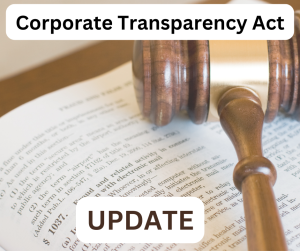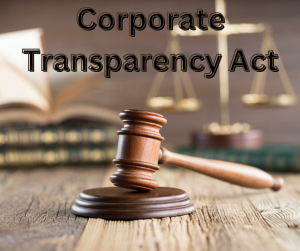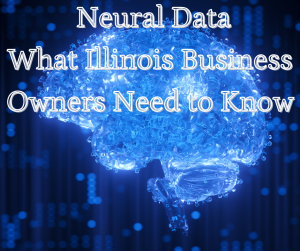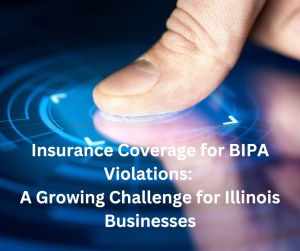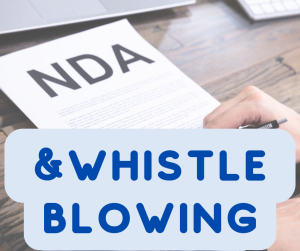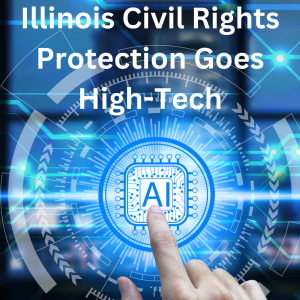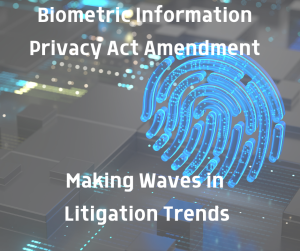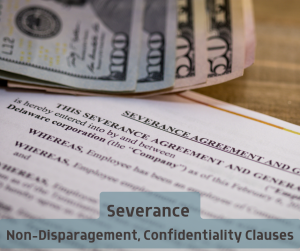With the holiday season in full swing, workplaces often become the site of parties, gift exchanges, and other festive activities. These activities foster camaraderie among coworkers and allow teams to celebrate their accomplishments. Unfortunately, though, they can also sometimes lead to inappropriate behavior, including sexual harassment, which may lead to problems for the unweary business owner.
Employers can take proactive steps to ensure everyone feels safe and respected during these events. Here are five suggestions to creating a safe and positive environment for holiday celebrations.
 Chicago Business Attorney Blog
Chicago Business Attorney Blog



